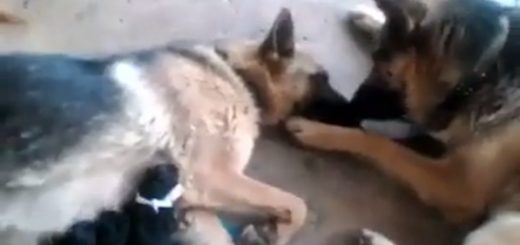10 Quotes From a Sioux Chief That Will Make You Question Everything About Our Society
Luther Standing Bear (December 1868 – February 20, 1939) was an Oglala Lakota chief notable in American history as a Native American author, educator, philosopher, and actor of the twentieth century. Standing Bear fought to preserve Lakota heritage and sovereignty and was at the forefront of a Progressive movement to change government policy toward Native Americans.
Standing Bear was one of a small group of Lakota leaders of his generation, such as Gertrude Bonnin, and Charles Eastman, who were born and raised in the oral traditions of their culture, educated in white culture, and wrote significant historical accounts of their people and history in English.
Luther’s experiences in early life, the Carlisle Indian Industrial School, Wild Westing with Buffalo Bill, and life on government reservations present a unique view of a Native American during the Progressive Era in American history.
Standing Bear’s commentaries on Native American culture and wisdom educated the American public, deepened public awareness, and created popular support to change government policies toward Native American peoples. Luther Standing Bear helped create new 20th century image of the Native American culture and their holistic approach and respect toward nature; his classic commentaries appear in college-level reading lists in anthropology, literature, history, and philosophy, and constitute a legacy and treasury of Native American wisdom.
Throughout his life he had published 4 books and was the leader at the forefront of the progressive movement aimed at preserving Native American heritage and sovereignty, known as the voice of the Native American way of life in the education of the white man.
Here are 10 quotes from the great Sioux Indian Chief – Standing Bear – that will be sure to disturb much of what you think you know about “modern” culture.
1) Praise, flattery, exaggerated manners and fine, high-sounding words were no part of Lakota politeness. Excessive manners were put down as insincere, and the constant talker was considered rude and thoughtless. Conversation was never begun at once, or in a hurried manner.
2) Children were taught that true politeness was to be defined in actions rather than in words. They were never allowed to pass between the fire and the older person or a visitor, to speak while others were speaking, or to make fun of a crippled or disfigured person. If a child thoughtlessly tried to do so, a parent, in a quiet voice, immediately set him right.












May l have a ‘COPY’ of this? And how do l get it?